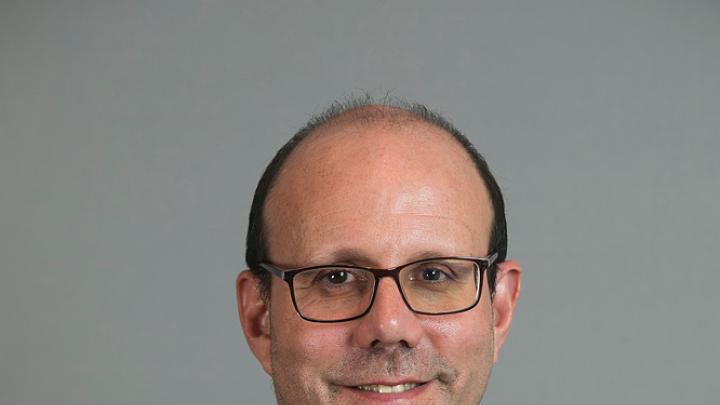Gates professor of developing societies Michael Kremer ’85, Ph.D. ’92, who shared the 2019 Sveriges Riksbank Prize in Economic Sciences in Memory of Alfred Nobel with two colleagues from MIT for their work on economic development and alleviating global poverty, will depart Harvard for a new academic home at the University of Chicago, beginning September 1. Chicago has an outstanding economics department (which has been endowed by and named for Kenneth C. Griffin ’89, founder and CEO of Citadel, a hedge fund and financial-services company—and a lead donor to Harvard, as well, principally for undergraduate financial aid). Kremer will become one of only 10 active University Professors at Chicago, joining both the economics department and, in a secondary position, the faculty of the university’s Harris School of Public Policy.
Kremer’s departure, so soon after winning the Nobel honor, no doubt comes as a disappointment in Cambridge—all the more so given his undergraduate and doctoral ties to the University, and his close research partnership with his colleagues just downriver at MIT. At Chicago, Kremer will become director of a new Development Innovation Lab.
The University of Chicago has been competing vigorously for academic talent. It seems to have a penchant for Crimson faculty members, and something of a track record for attracting them. For example, another high-profile Harvard professor (and Ph.D., 1998) attracted to the Midwest recently is Sendhil Mullainathan, whose behavioral analyses of poverty were featured in a 2015 cover story in this magazine. He is now Roman Family University Professor of computation and behavioral science at Chicago’s Booth School of Business, whose faculty he joined in 2018. Katherine Baicker, also Ph.D. ’98, formerly a professor of health economics on Harvard’s public-health faculty (her research was covered here), was wooed away in 2017 to become professor at and dean of Chicago’s Harris School of Public Policy.
Such relocations are not unheard of, but no institution likes to see a newly minted Nobelist head for new pastures, especially at the heart of his or her career. During a time when the University is coping with significant financial dislocations—within the Faculty of Arts and Sciences (facing great uncertainties about its undergraduate enrollment, tuition revenues, extension-school operations, and pandemic costs), and Harvard Business School (whose important executive-education business is almost entirely in abeyance), and elsewhere—retaining faculty members and recruiting new ones become especially challenging. Kremer’s decision is particularly high-profile, but the phenomenon will merit watching.
Read the Chicago announcement about Kremer’s professorship and new research institute here.








